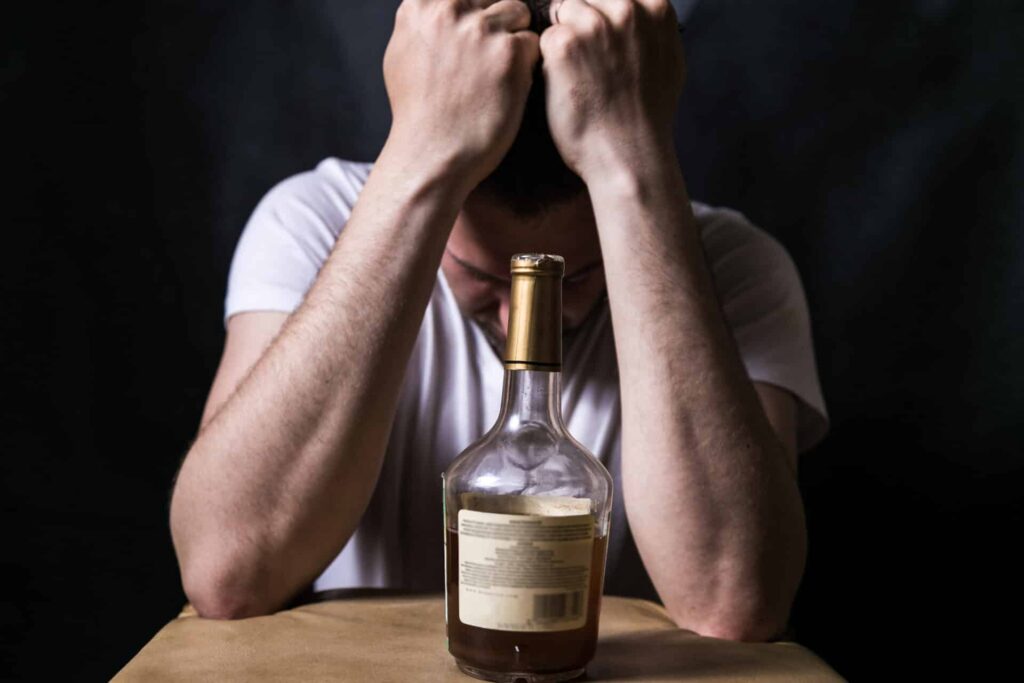Many people will be drinking more alcohol than usual at this time of year because the pandemic has caused people to stay inside more. Drinking too much alcohol is never good for you.
It can exacerbate existing health problems and even lead to new ones.
If you have friends or family members who are prone to drinking too much at any point, it’s essential to know the risks associated with heavy consumption, such as alcohol withdrawal signs. This is so that you can look out for them and help them get the help they need.
Withdrawal from alcohol is very rare, but recognizing the signs could help prevent a more severe consequence if it does happen. Continue reading this guide for the information you need to help yourself or someone in your life.
What Is Alcohol Withdrawal?
Alcohol withdrawal occurs when someone who is physically dependent on alcohol stops drinking, or if they reduce their drinking to an extent their body can’t cope with it.
As with most health issues, it’s important to note that not everyone who drinks too much will experience alcohol withdrawal.
Physical alcohol dependence isn’t the same as addiction.
Because of the physical dependence created by long-term drinking, withdrawal symptoms set in soon after the last bit of alcohol leaves a person’s system.
The severity of the withdrawal symptoms you experience will vary depending on various factors. This includes how much alcohol you drink and how often you drink it, your metabolism and health, and your genetic makeup.
The Symptoms and Signs of Alcohol Withdrawal
Alcohol withdrawal manifests in a few different ways. Headaches and nausea are relatively common. But more severe symptoms can include hallucinations, seizures, tremors, and delirium. If these signs of withdrawal aren’t treated, they can escalate into things like abnormal heart rhythms and seizures.
Alcohol withdrawal signs and symptoms include, but aren’t limited to, the following:
- Increased nausea
- Insomnia
- Shaking
- Cold sweats
- Hallucinations
- Agitation
- Reduced appetite
If you’re concerned that someone might be experiencing alcohol withdrawal, keep a few things in mind. The first is that alcohol withdrawal most commonly affects people who are physically dependent on alcohol.
If you’re drinking socially, it’s unlikely that you’ll experience withdrawal. In fact, although a large proportion of the general population drinks more than they should, very few develop a physical dependence on alcohol — 47.1% of adults have admitted to drinking in the last month.
Things to Be Aware of During Alcohol Withdrawal
The first thing to be aware of is a sudden change in alcohol consumption. Alcohol withdrawal usually occurs in people who have been drinking heavily for an extended period of time when they suddenly decide to cut back or stop drinking altogether.
This can happen during the holiday season or at social gatherings when people drink too much, or it can happen when someone is trying to get sober.
If you’re concerned that a friend or family member is attempting to stop drinking and it can become life-threatening, ensure you look for the signs. If you notice they are trying to quit, there are specific things they might start doing.
They might start bringing their own drinks to parties, setting a timer when they’re drinking, or expressing a desire to cut back on how much they drink.
Another thing to be aware of during alcohol withdrawal is when someone has been drinking in the heat. If a person is experiencing alcohol withdrawal in warm weather, it’s essential to recognize that this is a normal symptom of withdrawal.
The body is more sensitive to the effects of alcohol at higher temperatures. Therefore people who are withdrawing tend to drink more, which can exacerbate the symptoms.
How to Help a Friend or Family Member with Alcohol Withdrawal
If you believe someone is experiencing alcohol withdrawal, the first step is to ensure they’re hydrated and eating properly. Alcohol is made up of a significant amount of water, so when people suddenly stop drinking, they’re at an increased risk of dehydration.
Eating a balanced diet can help reduce the risk of nutrient deficiencies. But it’s also essential to drink lots of water so that the body can flush toxins from the organs.
Next, it’s essential to ensure the person is getting enough sleep. Moderate alcohol consumption makes people tired, but many alcoholics don’t get enough rest. It’s important to help them take their sleep needs seriously.
Then, you can help someone with alcohol withdrawal by reducing their stress levels. Stress can exacerbate all of the symptoms of alcohol withdrawal, so it’s important to keep the person calm and in a state of rest.
Finally, the only way to truly help someone in your life that is struggling with alcohol withdrawal is to find a treatment facility that is equipped to give them the help they need.
The professionals in these facilities are trained in addiction treatment and can help create a plan that works for your loved one as they enter recovery. It’s about taking one step at a time with the right support system.
Alcohol Withdrawal Signs and How to Help Your Loved One
Alcohol withdrawal happens when someone stops drinking, and it can be dangerous when it does happen. If you want to help your loved one, you need to recognize these alcohol withdrawal signs and get them help.
Contact Apex Recovery today and let our experts help your loved one start the road to recovery.

